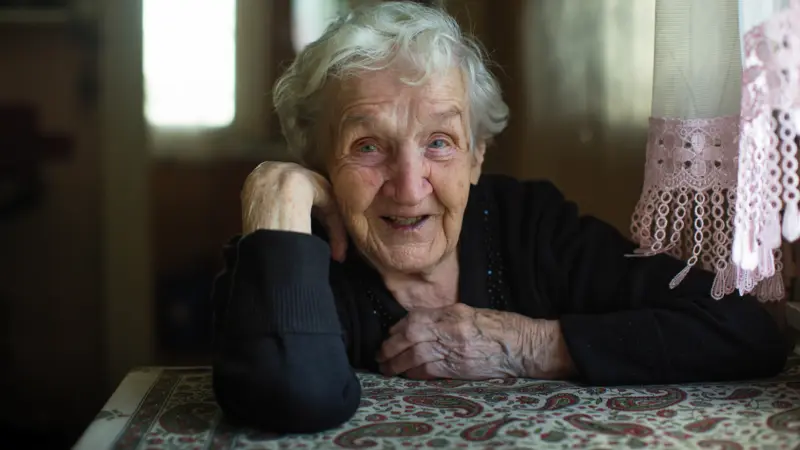Blog: International Day of Older Persons 2022
To mark the United Nations International Day of Older Persons this year, Age Scotland’s Diversity and Inclusion Manager, Rohini Sharma Joshi, reflects on the resilience of older ethnic minority women.
Older ethnic minority women are the resilient, unsung heroes of our society
As we celebrate the resilience of older women in a changing world, so many indomitable older women I have had the pleasure to meet, from many of Scotland’s ethnic minority groups, leap to mind.
They have been the quiet pioneers, often invisible and disregarded, who have forged new lives in a strange country, supported their husbands’ businesses, and strived to ensure their children flourished in school, friendships, study and work.
It is only right that we are taking the time to honour them, to identify and admire their achievements and to hold them up as role models for future generations.
For many of these women, the lives they have led have been characterised by severe hardship and gruelling working hours, divided between the home, the family business and the community.
They faced the challenges of racism, discrimination, social isolation, little access to money and the social norms of their own culture and community which so often clipped their wings.
But they showed enormous resilience in overcoming these multifaceted challenges to make a valuable contribution to their families and communities.
And this did not come without personal sacrifice. Many ethnic minority women who migrated to Scotland for a better life had no choice but to give up their dreams of a career. They had to put their qualifications, skills and ambitions aside to help their husbands with family businesses such as shops and restaurants, as well as running the home and looking after children.
They arrived in this country hoping to make a new home and seize opportunities to shine brightly in a professional capacity, but many found that the reality of the situation was very different to that of their dreams.
Instead, they steeled themselves to carrying out a supporting role in the family business or taking on low paid jobs, in order to ensure the family survived. They worked ferociously hard but found that the credit for the family making it in a new country was handed to the men, much as has always been the way in their society. Their competence and talent was often only noticed when they successfully took over the family businesses after their husbands passed away.
I personally know hundreds of these women whose resilience, determination and courage throughout their lives inspired me. Meera* is just one of these women. She says:
“When I came to Scotland with my husband, I planned to finish my medical studies and join the health profession. But he needed help with his shop and my plans were all put on hold. I never did complete my training and I never really left the shop either. It was hard, especially as I had three children and my mother-in-law to care for as well. When my husband died, I ran the business for 10 years and saw all my children off to university. Today, I can relax a little, but I still enjoy helping out at the community center.”
Meera is not alone. Many of these hard-working women are older now, but they’re not resting on their laurels. They are continuing to make contributions to society by influencing change at various social and political levels and remarkably, they are still willing to give their time as volunteers. They remain largely unidentified, unrecognised and under-appreciated.
I am delighted that the United Nations Day of Older Persons is a platform from which we can salute and pay tribute to all these ethnic minority older women, an important opportunity to showcase their resilience and strength and honour their example of triumph over extreme adversity which is an example to us all.
*Meera not her real name


